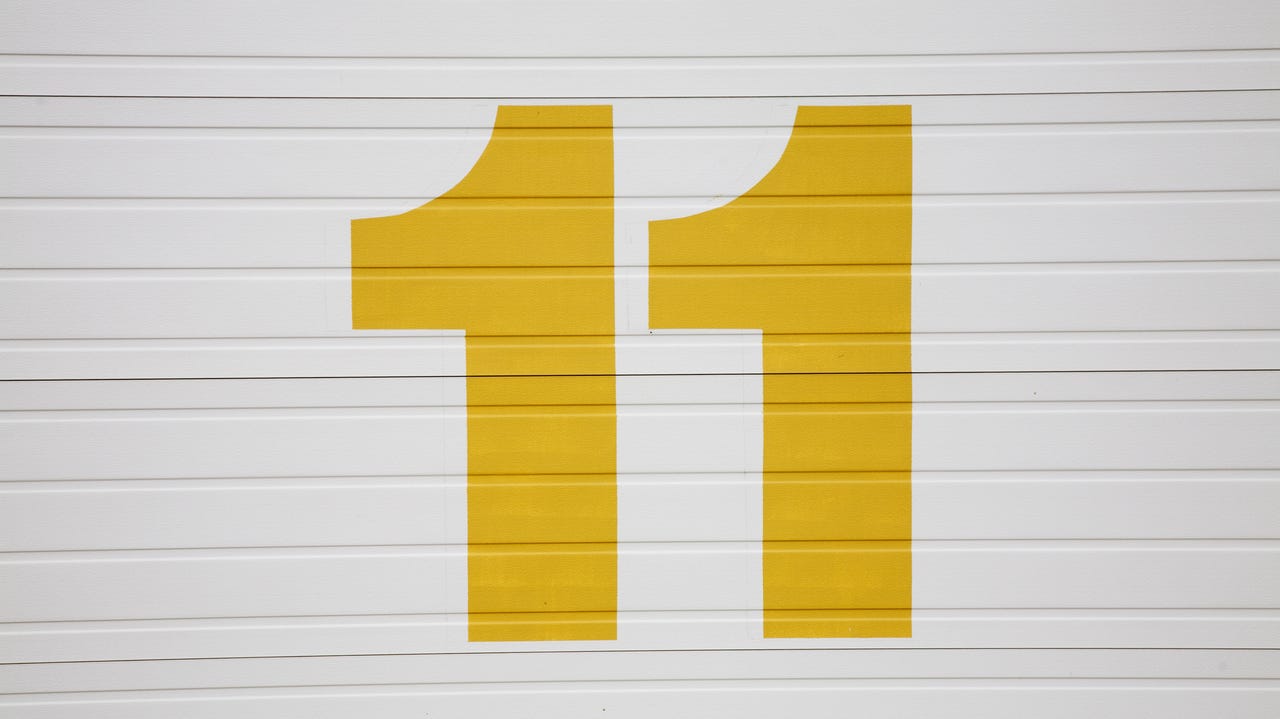
































Every day, we do repetitive tasks that build habits that dictate our future behaviors. Now Microsoft says it found a magic formula to help you develop an AI habit that can save time in your everyday workflow.
On Wednesday, Microsoft released new research on the impact of AI on the workflows of 1,300 Copilot for Microsoft 365 users across different industries, and which factors impacted those outcomes.
Also: YouPro lets me access every popular premium AI chatbot for$20/month - but there's a catch
Microsoft identified "the 11-by-11 tipping point" as a rule for when users can expect to start building an AI habit. According to the company, users begin to see value from AI when it saves them just 11 minutes a day. This is significant because seeing value in your actions is crucial for making a habit stick.
The research also showed that 11 weeks was "the breakthrough moment" when people said that Copilot most improved productivity, work enjoyment, work-life balance, and the ability to attend fewer meetings, as seen in the image below.
If users find a way to save 11 minutes a day over 11 weeks, it should be enough to develop an AI habit, according to the formula found in the research.
Microsoft shares that this information is valuable for organizations because, in as little as a business quarter, employees can form an AI habit that positively impacts the organization.
Also: My two favorite ChatGPT Plus features and the remarkable things I can do with them
"Over 11 weeks, that 11 minutes a day adds up to 10 hours saved-or one whole work week each year. That's a habit we can get behind," said Microsoft.
So how exactly can organizations help employees establish AI habits? First, Microsoft encourages organizations to find easy wins that immediately save 11 minutes a day for employees, such as using AI to take notes in meetings, summarize long documents and email chains, and more.
Secondly, the company encourages leaders to encourage employees to stick with AI until they reach the 11-week mark since it takes time to build new habits, and this habit could ultimately save them a lot of time in the long run.
 Hot Tags :
Innovation
Hot Tags :
Innovation